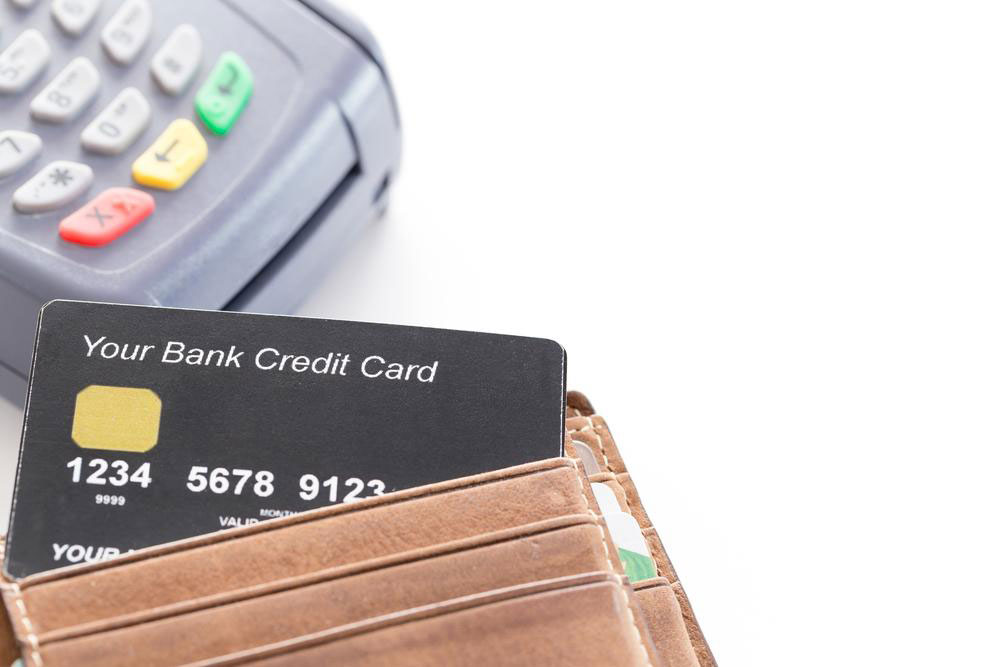A quick guide to choosing the right credit card
A credit card is a plastic card that allows an individual to borrow interest-free money from a lender to make his purchases on a credit basis and returned within a stipulated period of time called grace period. The money borrowed can be for purchases ranging from anything between a cheap burger and an expensive vacation. Each credit card has a unique number that is attached to a credit account linked to the lender who is typically a bank or society. These plastic cards have an embedded magnetic strip which is swiped against a card reader at the merchant to make a credit transaction or purchase.

There are a lot of factors considered by a lender to qualify an individual for a credit card. Depending on the financial needs and qualifications, all credit cards largely fall under two categories- secured and unsecured.
Secured credit card: These cards require a specific amount to be deposited in advance before the card is used. This deposit amount sets the card credit limit and serves as a security against the possibility that the borrower is unable to repay the amount used on the card. Here, interest will be paid by the lender against the collateral money that is deposited.
Unsecured credit card: These cards do not require an initial deposit. Money can be borrowed to make purchases within a set expense limit. This limit is generally set based on the credit history of the borrower and trust that the money will be repaid as per the terms and conditions of the card-member agreement.
The credit cards are further classified based on the types of programs offered. They are:
Travel rewards cards: These credit cards generally have a tie-up with a particular airline and earns travel miles or points for all payments made towards buying a flight ticket, hotels, car rental, seat upgrades, use of airport lounges, etc. These are most suitable for frequent travelers.
Cash back rewards cards: These credit cards offer points on every dollar spent on any purchases. The accumulated points can be redeemed or encashed into a savings account.
Retail rewards cards: These credit cards are issued by various retailers depending on the nature of commodity purchased. Phone, gas, groceries, clothing, and sporting goods are some of the types of cards issued which give discounts or rewards on such purchases.
First-time cards: These credit cards are specifically designed for individuals who have never used a credit card. Typically, students or first-timers who want to start establishing a credit history.
Benefits of having a credit card:
- It provides security against losing cash. If a card is stolen, it can be blocked by just informing the lender thereby avoiding loss of any amount.
- It offers protection on purchases made by merchants if they go out of business. The credit card provider helps to claim the money back in such instances.
- Reward programmes like free travel insurance, points or cash back on purchases, etc. can be added perks while making a transaction using credit cards.
- Large purchases can be made even if sufficient funds are not available upfront at the time of payment and then pay it off in smaller parts over the grace period.
- These transactions with on-time repayments can build up the credit score of an individual which will be useful at a later time like borrowing a home loan, car loan, etc.
- Disadvantages of having a credit card:
The ease of swiping a card or making a cashless transaction often leads to overspending. If not careful on the expenditures, one can get into serious debt.
If the payments are not made on time, the interest rates can eat up beyond the benefits of rewards and blow up a small debt into a larger one over time.
Factors to consider while choosing a credit card:
- Ability to pay back the balance: Generally, credit cards that offer rewards like points, cash or airline miles come with a higher interest rate. If the consumer isn’t sure if he can make the payments on time, it is better to choose a card that does not offer many rewards which generally means a lower interest rate.
- Compare the interest rates: APRs for purchases, Variable APRs, APR for transfers, APR for cash advances and penalty APRs may be a few types of rates to consider.
- Consider various fees that may be applicable such as annual fee, transaction fees like transfer fee, cash advance fee, foreign transaction fee, .etc, penalty fees that are applicable on late payments, over-the-limit, returned payments, etc.
- Studies say that most of U.S. citizens have at least one credit card. Credit cards have become important sources of identification in today’s world. Irrespective of the type of credit card one chooses, one must always make sure that the card is used wisely to take advantage of the benefits it offers. Make all payments on time and maintain a good credit history. Also, beware of the various forms of crimes involving a credit card before swiping it.

